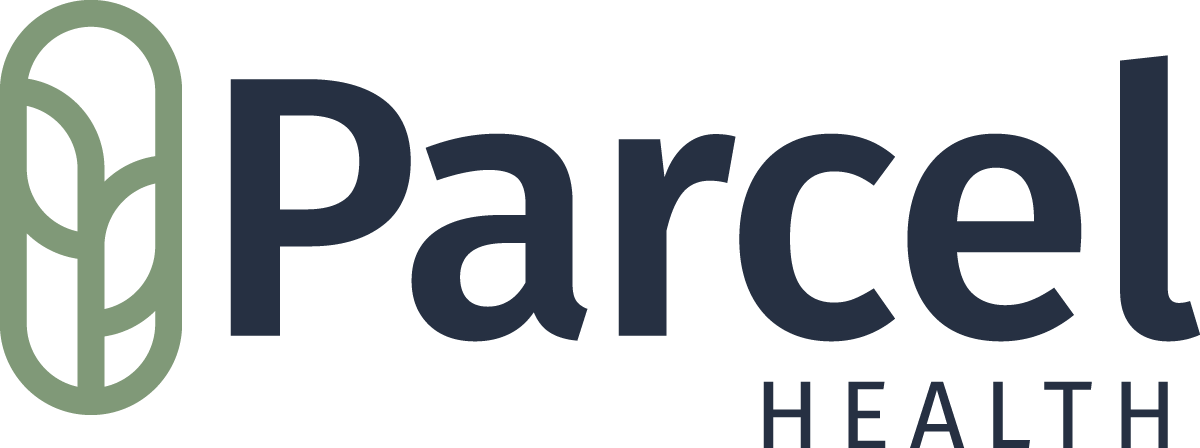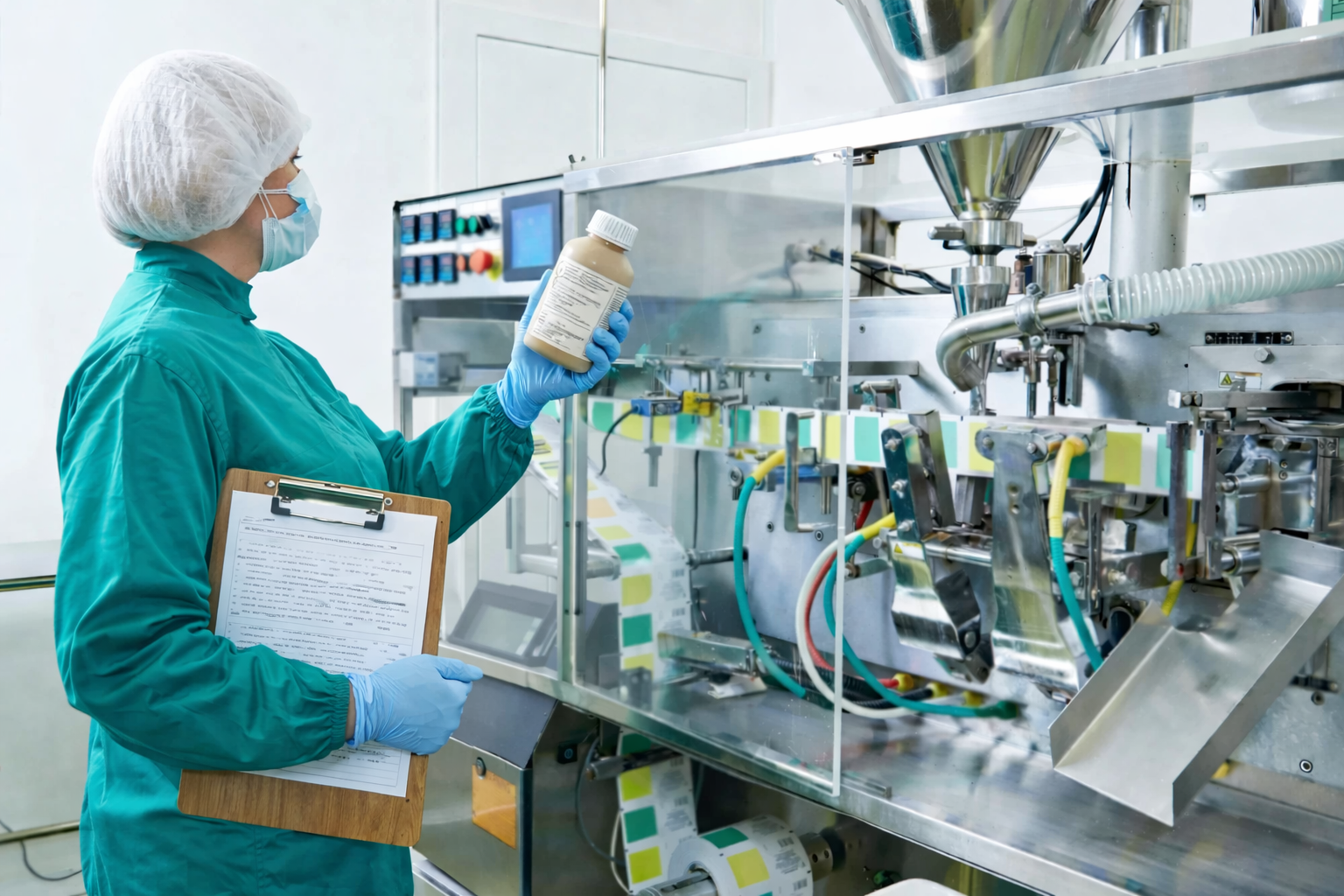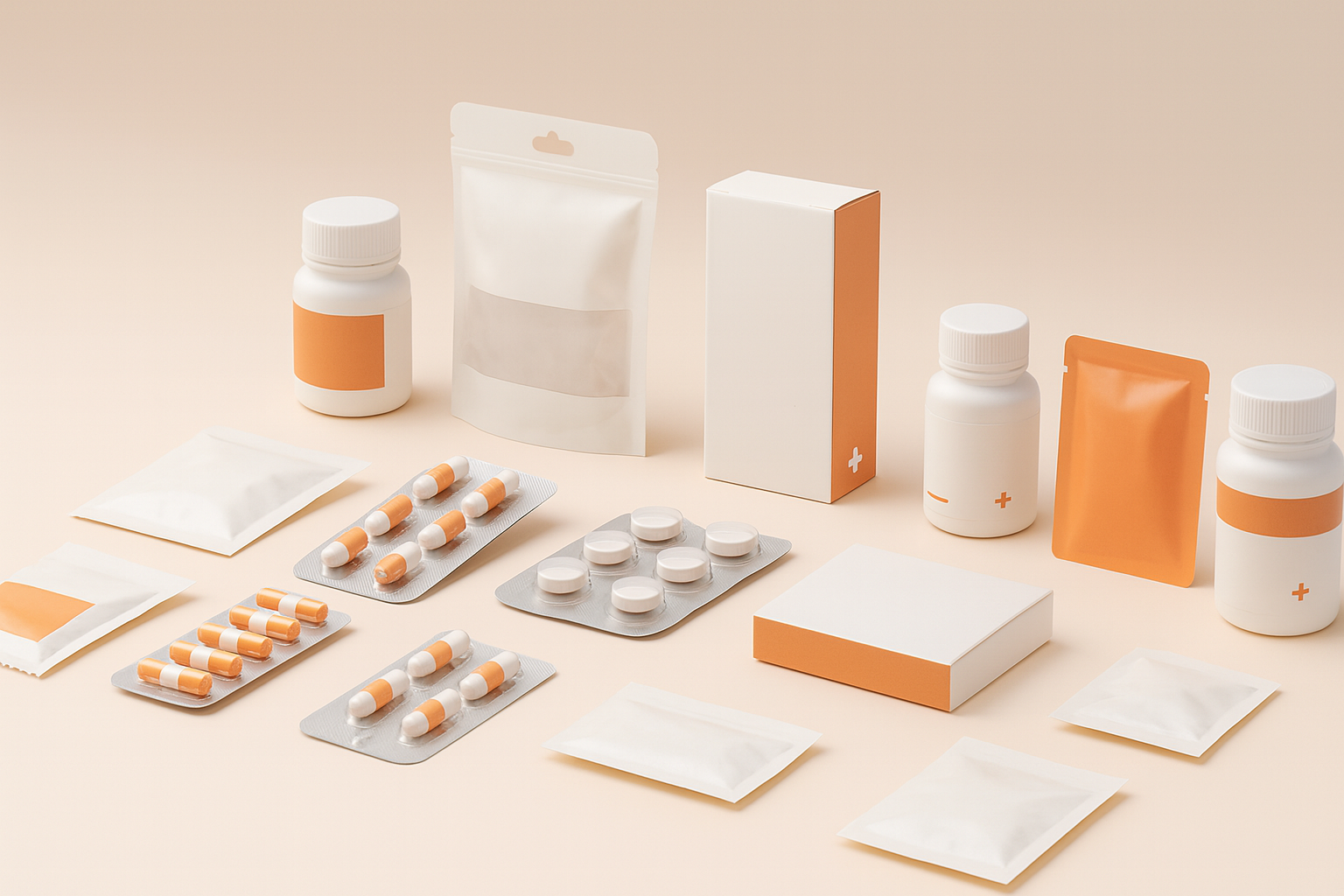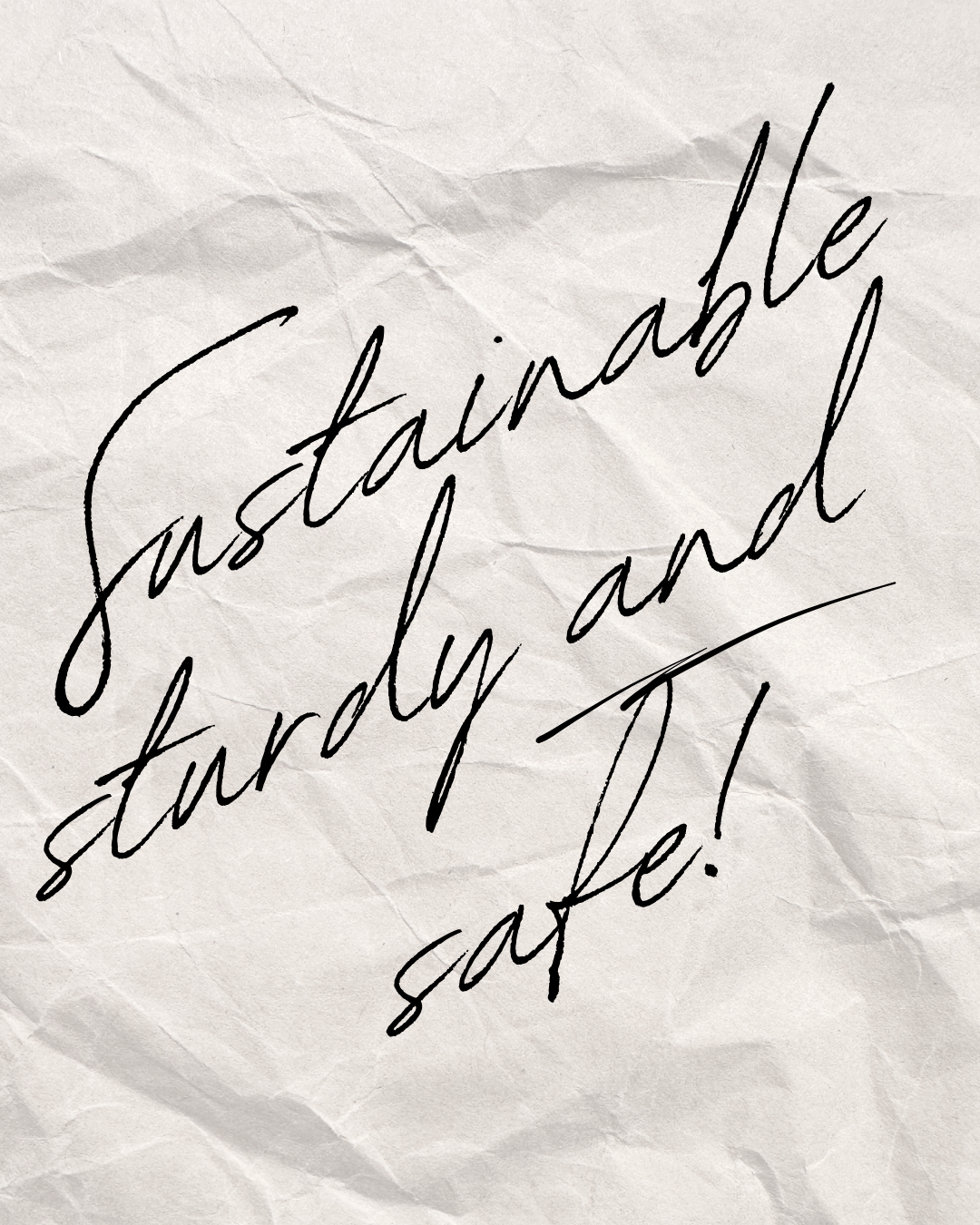July 19, 2023
The problem with plastic pill bottles
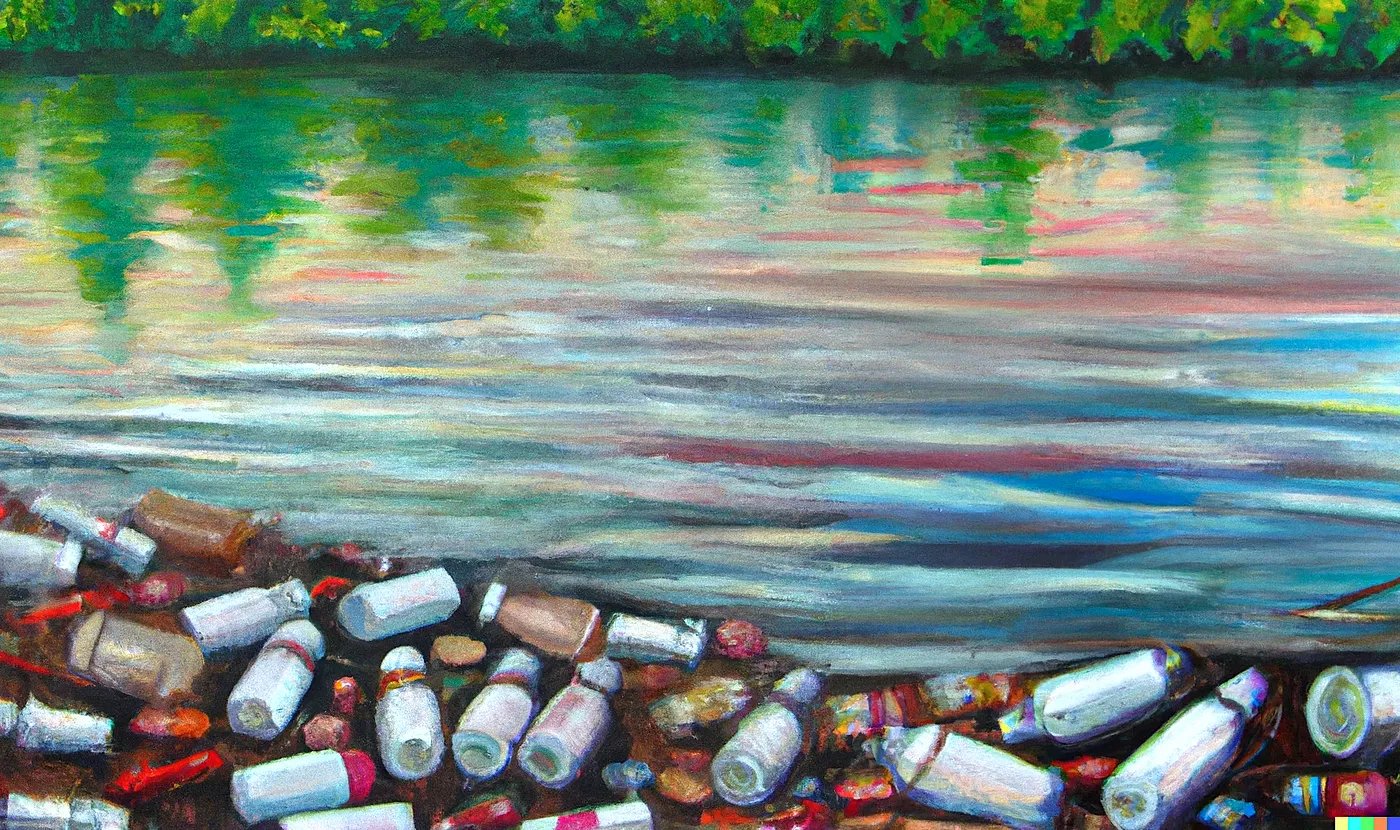
The global pharmaceutical industry continues to churn out billions of plastic bottles annually, even as demand for eco-friendly products continues to grow. This year alone, Americans will fill almost 5 billion prescription medications, according to industry data.
What’s the harm? It’s no secret that plastic pollution is wreaking havoc on our environment.
- Plastic is derived from fossil fuels, meaning it can take hundreds of years to decompose. In the meantime, single-use plastics break down into tiny particles, called microplastics, that have been detected in drinking water, food, and air, leading to ingestion by humans and wildlife.
- Plastic waste releases toxic chemicals that have been linked to health problems such as cancer, reproductive disorders, and developmental delays in children.
Recycling isn’t a solution. While recycling helps to reduce plastic waste, it doesn’t work for most pill bottles.
- That’s because the vials are generally made from a material called polypropylene, also known as “#5 plastic.” Many local curbside pickup programs do not accept #5 plastics due to inadequate waste management infrastructure.
- Until 2018, the U.S. shipped about 4,000 shipping containers of trash to China daily, relying on the country to process nearly 700,000 tons of used plastic each year. Since then, however, China and southeast Asian nations have enacted bans on the import of solid waste as part of their effort to reduce carbon emissions. Canada and Mexico pick up much of the slack. But plastic scrap usually ends up in landfills or is incinerated.
- Even when domestic recycling centers accept #5 plastic, most of them cannot process pill bottles. They use sorting machines that cannot pick up such small items. So, the bottles usually end up in landfills and incinerators or, worse, in our waterways and oceans, harming marine life.
There’s another option. It is time for a fundamental shift in medication packaging. By continuing to rely on plastic packaging, pharmacies inadvertently contribute to an environmental crisis.
Meet Phill Box®. Developed by Parcel Health, Phill Box is a game-changer in pharmaceutical packaging. The paperboard-based medication container is biodegradable and recyclable.

Made from paperboard that has been certified by the Forest Stewardship Council, Phill Box’s innovative design meets key safety standards for protection from water and humidity, while significantly reducing plastic waste. It’s been designed with a three-step lock that is undergoing third-party certification for child-resistance.
Try it for yourself! Order a complimentary Phill Box to explore one way you can help to safeguard our planet and inspire a greener pharmaceutical industry.
Transitioning to Phill Box offers a multitude of benefits:
- Contribute to a cleaner, greener planet.
- Gain a competitive edge by tapping into the growing consumer demand for sustainable products.
- Build brand recognition with customizable packaging that patients interact with daily.
Others you might like
Check out some of our latest blog posts.
